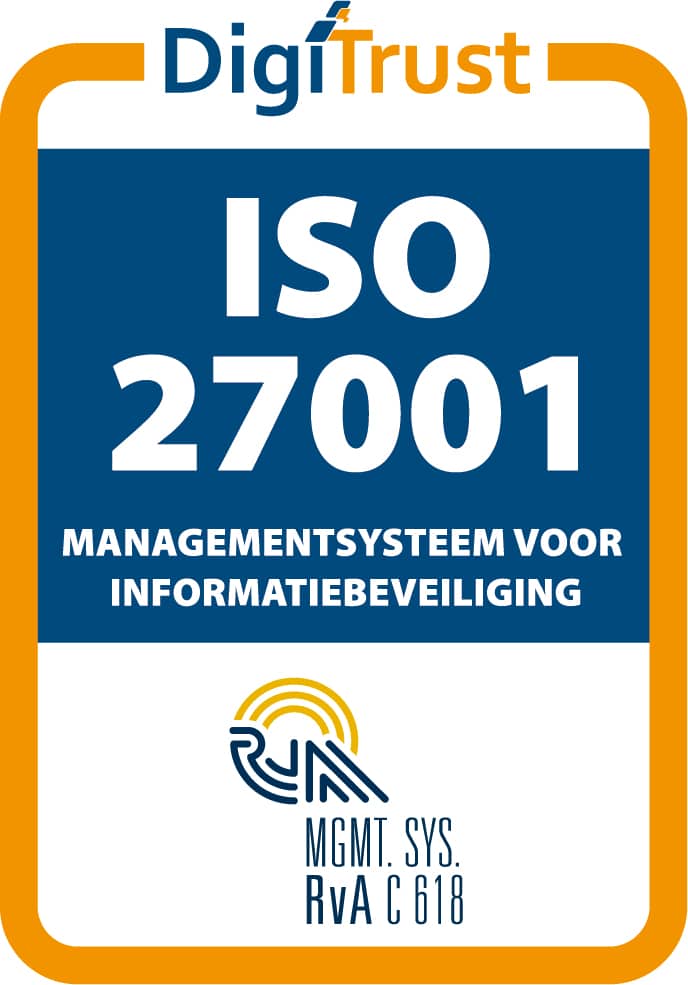Municipalities
Go through the entire creation or decision-making process completely digitally, with the eSignature
Case-oriented working has been an important theme for all municipalities in the Netherlands for years. It is about improving services, efficiency of working, accessibility of information and cost savings. Digital case-oriented working goes beyond just using an ICT system.

Above all, it is about the processes in the organization and in the chain. An important issue in the development of case-oriented work is the use of digital signatures.
It has already been agreed nationwide that municipal services must be fully digital from January 1, 2017. Also, from September 29, 2018, the eIDAS rules will also apply in the public sector. Municipalities, but also other public institutions, are preparing for the use of the digital signature. In doing so, logically, many questions arise.
Zynyo sees that municipalities each have different, individual, policies in this area. Incidentally, the laws and mandates provide this space. In one municipality, for example, letters and decisions are sent on paper to citizens and companies with a "written" signature. Other municipalities do not yet officially use the digital signature, but they do send acknowledgements stating that the document was created digitally. While yet other municipalities already do a lot of digital signing.
Zynyo experiences the discussions with these parties as very interesting from its experience with various municipalities and other governments. For example, when it comes to the digital signature that can be used for the Normalization of Legal Status of Civil Servants Act (WNRA), on the basis of which governments will conclude employment contracts under civil law with its civil servants. The question in this context is whether the advanced digital signature suffices, or whether a qualified digital signature must be used. Zynyo is happy to discuss this topic in order to share its vision and experience.
"With Zynyo we have a clear and simple web application to digitally and legally sign PDF documents. Especially the simplicity with which the process of a digital legally valid signature is realized and the convenience for users is a valuable addition."
- Municipality of Hollands Kroon
Digital signing is efficient
Research has shown that most case types and regular decisions do not have to be signed. Instead, a letter or decision can be marked as electronically generated and therefore not manually signed.
In addition, it is more efficient to use digital signatures where possible so that in as many cases as possible the realisation process or the decision-making process can be run through completely digitally. Signing, scanning and adding an outgoing document to a case is labour-intensive and not efficient. In many cases an advanced digital signature is sufficient if it can be demonstrated that an outgoing document has been authorised by the correct and competent person. This applies not only to outgoing documents, but also to internal documents and administrative decisions.
For those cases where an advanced digital signature does not suffice (for example, in employment contracts), a qualified digital signature can be used. This is legally equivalent to a written signature.
Impact for the municipality
The use of advanced and qualified digital signatures for municipalities can usually be integrated into existing ICT systems. A small extension of the interfaces used is often sufficient. As a result, working with digital signatures is quickly adopted into the existing processes and the costs are marginal.
Calculate cost savings
Do you want to know how much your municipality can save by using digital signatures?
Then use our calculation module!
